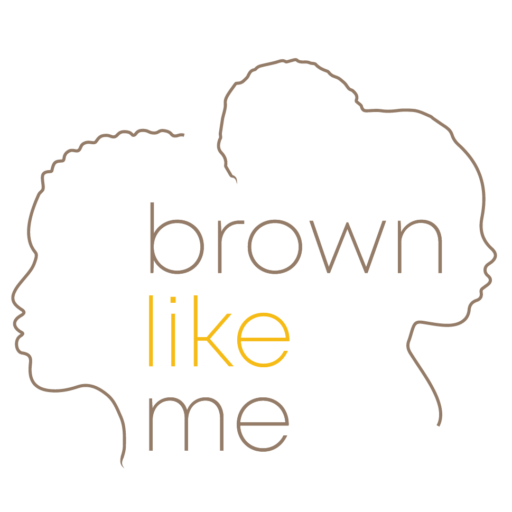PARENT EDUCATION
Brown Like Me club meetings provide opportunities for parents to discuss topics of interest and concern related to raising Black children. We invite parents to suggest topics and we either address them ourselves or find a community member who can do so.
Many of our families are adoptive families—mainly white parents raising Black children. We know from personal experience that white parents have many questions about their child’s culture, how to incorporate Black culture into their lives, how to care for hair different than their own, and so on. This is the perfect setting to get those questions answered! Our team is passionate about helping Black children feel connected to their heritage and culture, and we’re more than willing to answer questions without judgment.
That being said, we do encourage white parents to seek out information on your own to support your adoptive child. We’ve listed a few recommended resources below to get you started. If you have a favorite book or website, please share and we’ll add it to the list.
The New Jim Crow
Why we like it: When we get tired of hearing “Slavery was 100 years ago—get over it.” we can explain how African Americans 1) were still enslaved even after emancipation for “breaking the law” and 2) were often too intimidated to vote due to white violence, thereby missing out on shaping and being represented in America’s political and justice systems.
The Hate You Give
Why we like it: Even though it’s fiction, this young adult novel provides authentic insight into a Black teen who struggles to know—and be—herself as she moves between two worlds: Black and white. And when the narrator’s best friend, who is also Black, is shot by police, she explores how racial bias affects her two worlds so differently.
Black Literature
There are many lists of books by Black authors. Here’s just one, from BET, to get you started. We encourage adoptive parents to have these on your bookshelf, if you don’t already!
1000 Black Girl Books
This list of books where the main characters are Black or African was compiled by young activist Marley Dias. Marley was tired of reading books with only white characters, or books about Black people that only centered on civil rights or hair. She wanted to read about Black kids doing normal everyday things!
Black Twitter
There’s much to be learned by following Black activists, journalists, writers, sports stars, STEM professionals, politicians, and others on Twitter.
